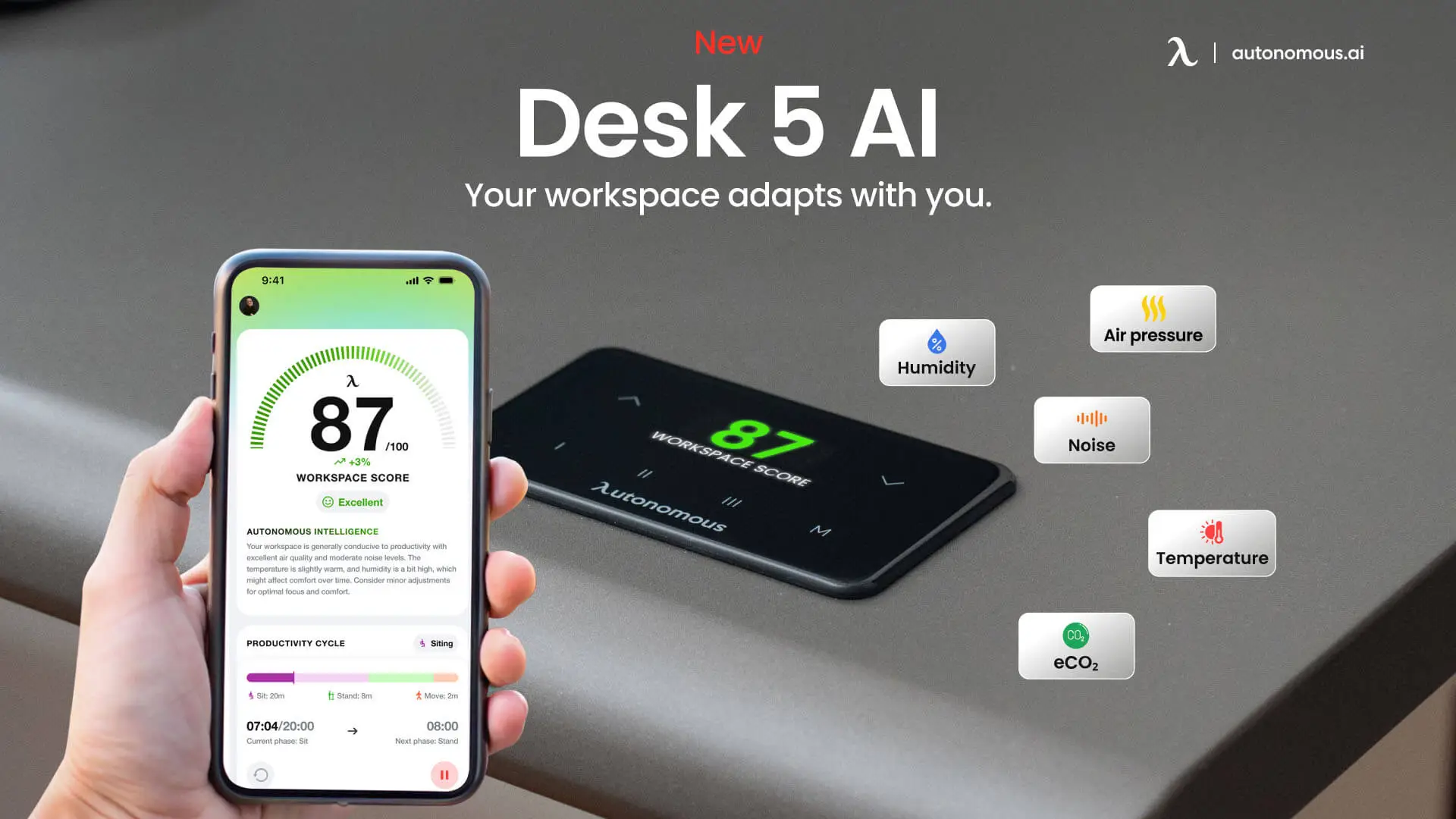- Newest
- Most viewed
Interested in a Link Placement?

Does a Vibration Plate Burn Calories? Is It Worth Adding to a Home Gym?
A vibration plate burns calories, but modestly. Standing burns about 50–100 calories in 10 minutes, while active exercises burn more. See real numbers.
Work Wellness | Jan 29, 2026 897 views

What to Check on Your Backyard Shed After a Winter Storm
Workplace Inspiration | Jan 26, 2026 479 views

10 Best Chair Exercises for Men Over 50
Work Wellness | Jan 28, 2026 716 views
.webp)
How Many Calories Do 20,000 Steps Burn?
Work Wellness | Jan 28, 2026 873 views

Best Valentine Gifts for Boyfriend Based on What He Loves
Latest Updates | Jan 27, 2026 802 views

How Many Calorie Deficit to Lose 1 LB?
Work Wellness | Jan 27, 2026 277 views

20 Thoughtful Valentine's Day Gifts for Husbands
Latest Updates | Jan 27, 2026 911 views

Best Valentine Exchange Ideas for Every Celebration
Latest Updates | Jan 26, 2026 894 views

Runna App Review: What Training With Runna Is Really Like
Work Wellness | Jan 23, 2026 589 views

Simple App Review: My Honest Experience With Fasting and Weight Loss
Work Wellness | Jan 22, 2026 1,046 views

Autonomous Desk 5 AI: An Intelligent Desk Built Around Awareness
Latest Updates | Jan 19, 2026 833 views

How Much Is the Aritzia Employee Discount in 2026?
Latest Updates | Jan 21, 2026 886 views
.svg)
